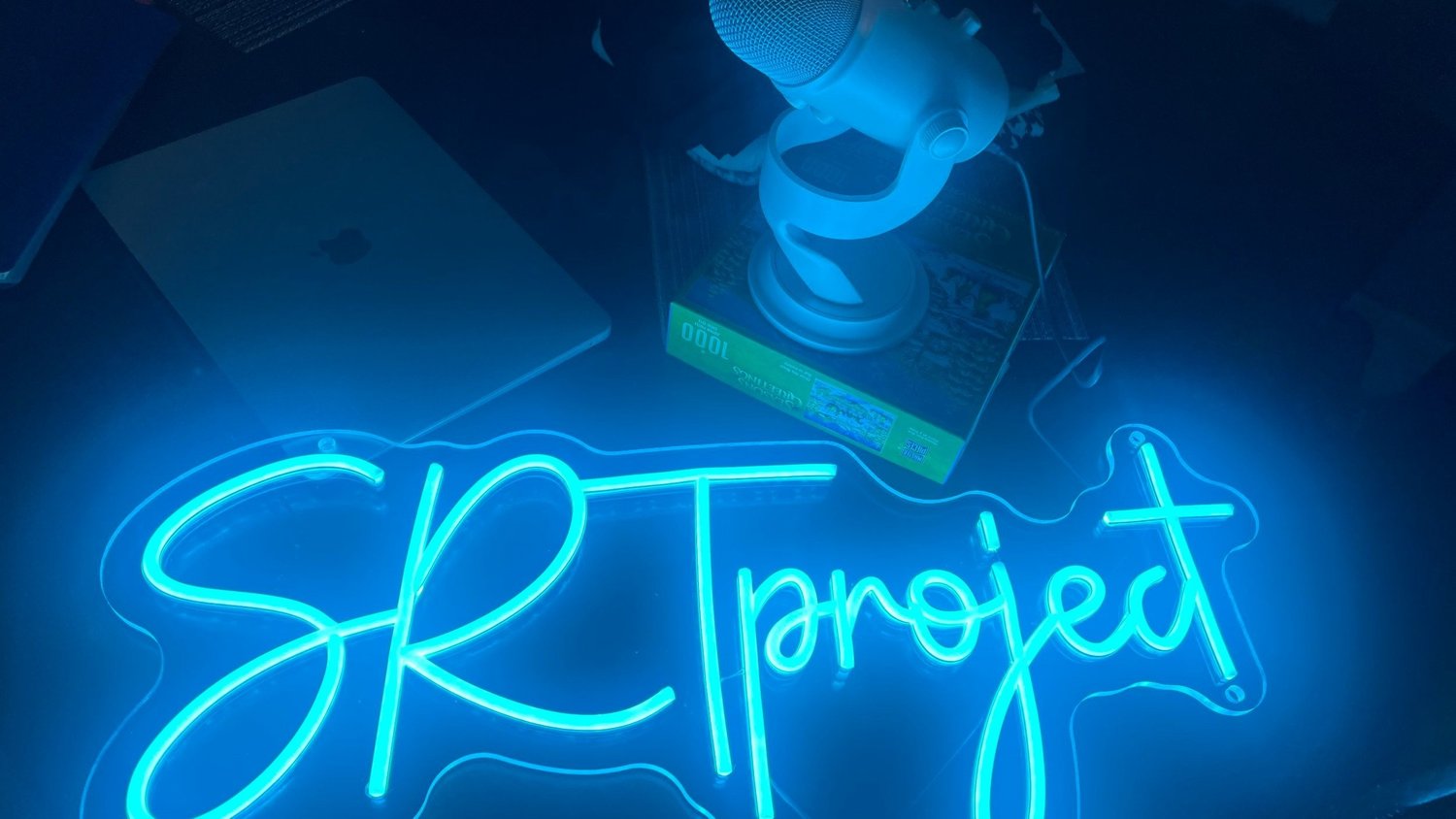For First Responders
Private Stress Management Training
Private Session
Three sessions include new skills, techniques, strategies, and recordings.
You will learn how to quiet the negative chatter and racing thoughts.
Discover your stress "baseline" and develop strategies to feel calmer and build resilience to live a longer, happier life.
Learn several techniques you can apply daily to calm the mind, stay focused, and sleep better.
Stress Management for First Responders
This is a program on stress management for first responders. Participants notice improvement in resilience, stress, sleep, while reducing feelings of burnout and anger. This on-site, online, stress reduction program delivers simple yet powerful techniques that can be applied to your daily life to calm the mind, stay focused and better manage high-stress situations without losing your edge.
Techniques
Releasing residual tension and stress.
Progressive muscle relaxation. (PMR)
Combat tactical breathing.
Building the capacity for greater resilience.
Healthier Interpersonal relationships & mindset.
Overcoming insomnia.
Guided imagery, mindfulness and meditation.
Interrupting negative thought patterns (loops).

“Life doesn’t get easier or more forgiving, we get stronger and more resilient.”
― Steve Maraboli
Providing first responders with the tools they need.
Program Benefits
Reduce stress.
Reduce anxiety.
Improves sleep.
Helps control pain.
Builds a more positive work environment.
Can decrease blood pressure.
Decreases tension, headaches, and insomnia.
Increases serotonin production.
Improves immune system.
Improves concentration, memory, and focus

“They see abused kids, they see dead bodies, they see horrible traffic accidents. And what that means is that the traumatic events and stressful events kind of build on one another… If you have to put a bulletproof vest on before you go to work, that’s an indication you’re already under the possibility of being shot or killed. So all of these things weigh heavily on the psyche and over time, they hurt the officers.”
- John Violanti, 23-Year Police Veteran and Professor at University at Buffalo

